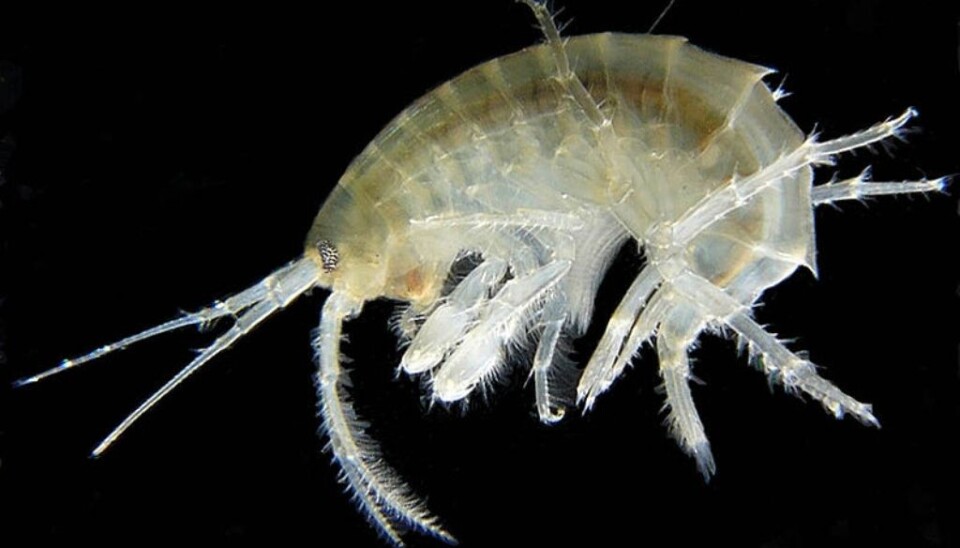
Sea creatures are threatened by our medicines
Medication ingested by humans is taken up by algae and sea creatures. Entire ecosystems can be affected, according to a Swedish researcher.
Some medicinal substances are broken down in the human body, but a lot of them end up in the sewage system.
Though waste treatment plants can remove some of the substances, a significant number of medicinal elements do reach rivers and oceans.
This is the case with, for example, diclofenac, found in medications such as Voltarol and Voltaren, and ibuprofen, the active ingredient in pain killers like Advil. Another example is the beta-blocker propranolol.
Sea creatures are affected
But what happens to aquatic creatures that are exposed to this cocktail of drugs?
Hanna Oskarsson from Stockholm University has investigated this question. She took seaweed, amphipods and a type of mussels from the Baltic Sea and exposed them to realistic contamination levels in the laboratory.
It turned out that drugs influenced not only each creature – but also the dynamics between them.
Vulnerable mussels
The experiment showed that all creatures were affected: Changes both in breathing rates and in the amounts that the animals ate were observed.
Mussels were particularly vulnerable.
They grew more slowly and their byssus threads were weaker than normal. Measurements showed that the drugs accumulated in the mussels’ tissues. The levels of the substances in their body were much higher than the levels in the water.
New way of life
The most surprising discovery was probably the effect on the interaction between the three types of creatures.
In experiments in which the species shared a tank, the mussels were affected to approximately the same degree as they were in other tests. But the effect of the medications on amphipods and seaweed was now less negative or even positive.
It turned out that amphipods changed their diet: They went from eating seaweed to eating the now weakened mussels. This more nutritious diet offset the negative effects of the drugs.
For the seaweed, this meant fewer attacks by amphipods in addition to higher levels of nutrients in the water.
“By exposing several species from the same area at the same time, it became clear that the interactions between them were affected. The total effect of medicinal substances is thus larger than the changes in the physiology of individual species,” Oskarsson said in a press statement.
------------
Read the Norwegian version of this article at forskning.no
Translated by: Lars Nygaard



